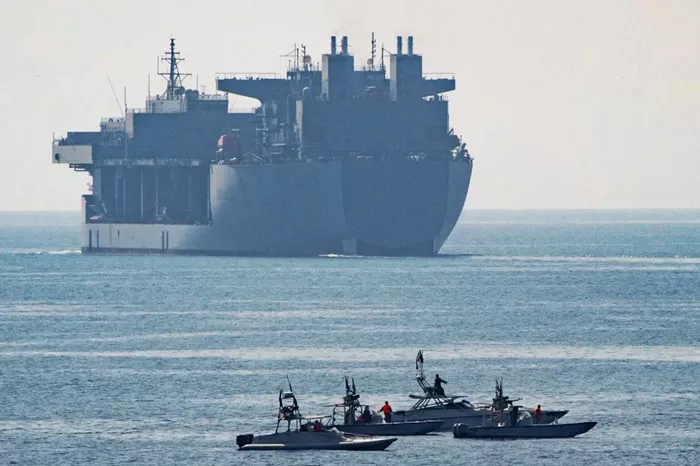Oil tanker owners and operators are increasingly reluctant to dispatch vessels through the Middle East, as escalating hostilities between Israel and Iran raise alarm over potential disruptions to global oil supply routes.
Following Israel’s coordinated strike on Iranian nuclear sites last Friday, freight activity in the region has slowed considerably. Shipbrokers and charterers, speaking anonymously to Bloomberg, said there have been minimal offers for crude shipments out of the Gulf, as owners grow cautious amid surging risks.
The onset of the conflict has already triggered a sharp spike in freight rates and prompted widespread hesitation among vessel operators to commit to Middle Eastern voyages. Although critical oil infrastructure remains largely intact in both countries, analysts at RBC Capital Markets warned that the energy sector—particularly oil—is now “clearly in the crosshairs” of the confrontation.
A major concern centers on the Strait of Hormuz, the strategic chokepoint through which more than 20 million barrels of crude oil transit daily. Any disruption here would pose severe implications for global energy markets.
In response to growing uncertainty, tanker chartering in the region has effectively stalled. Rates for supertankers sailing from the Persian Gulf to Asia have soared by as much as 30%, reflecting heightened geopolitical risk.
Further complicating matters, the United Kingdom Maritime Trade Operations (UKMTO) reported on Monday an increase in electronic interference affecting navigational systems across the Gulf and the Strait of Hormuz. The authority confirmed through AIS (Automatic Identification System) monitoring that this interference is significantly disrupting vessel positional reporting.
“As electronic interference rises across the wider region, its impact within the Gulf is now severely affecting AIS signals,” UKMTO noted, urging commercial vessels to “transit with caution.”
Meanwhile, the Joint Maritime Information Center (JMIC) assured that the Strait of Hormuz remains operational and commercial traffic is still flowing. However, it acknowledged reports of electronic disruptions emanating from the Iranian port of Bandar Abbas.
With tensions escalating and the risk to vital oil transit routes growing, market observers continue to watch the situation closely, wary of broader fallout across the global energy supply chain.


